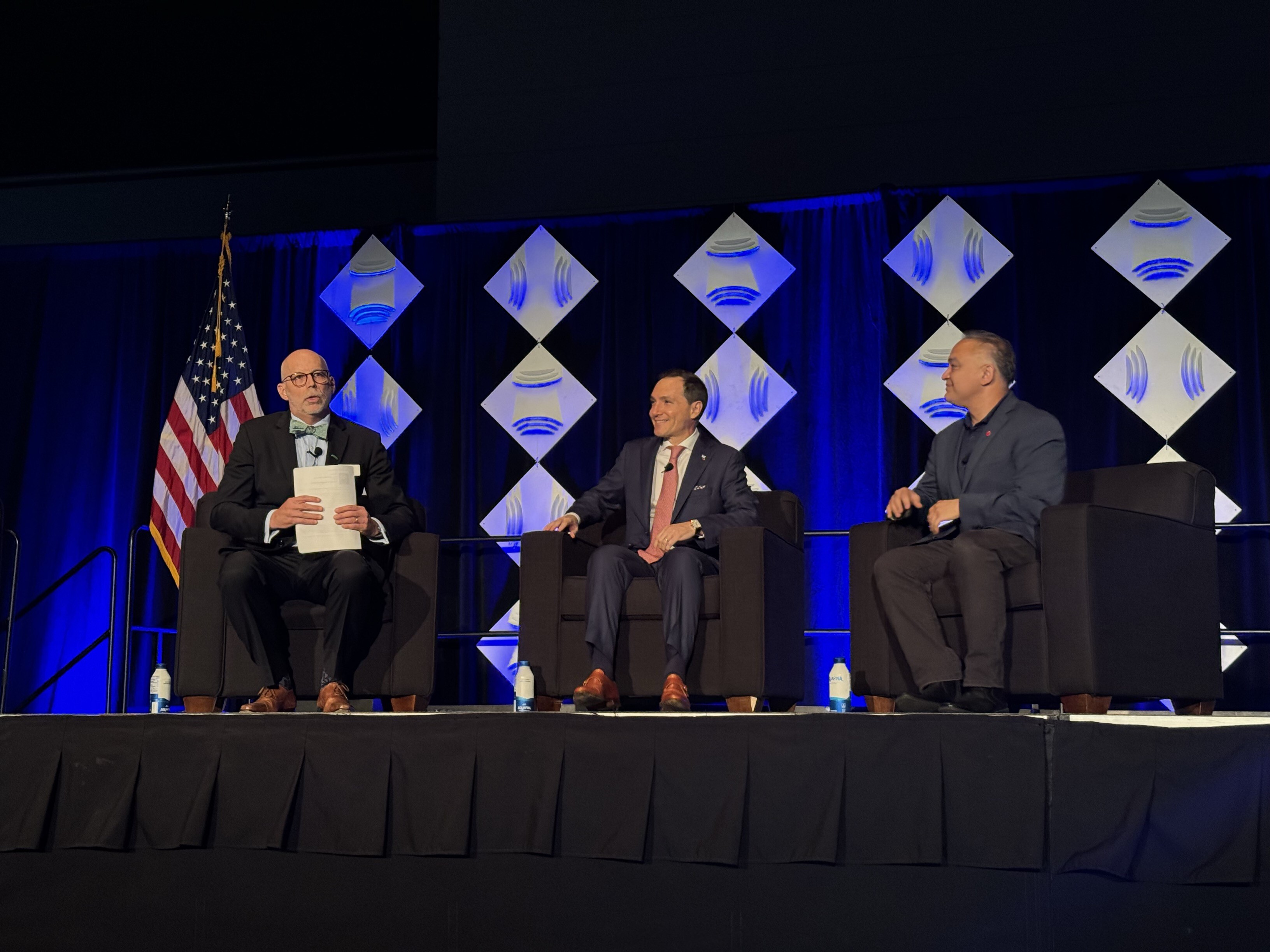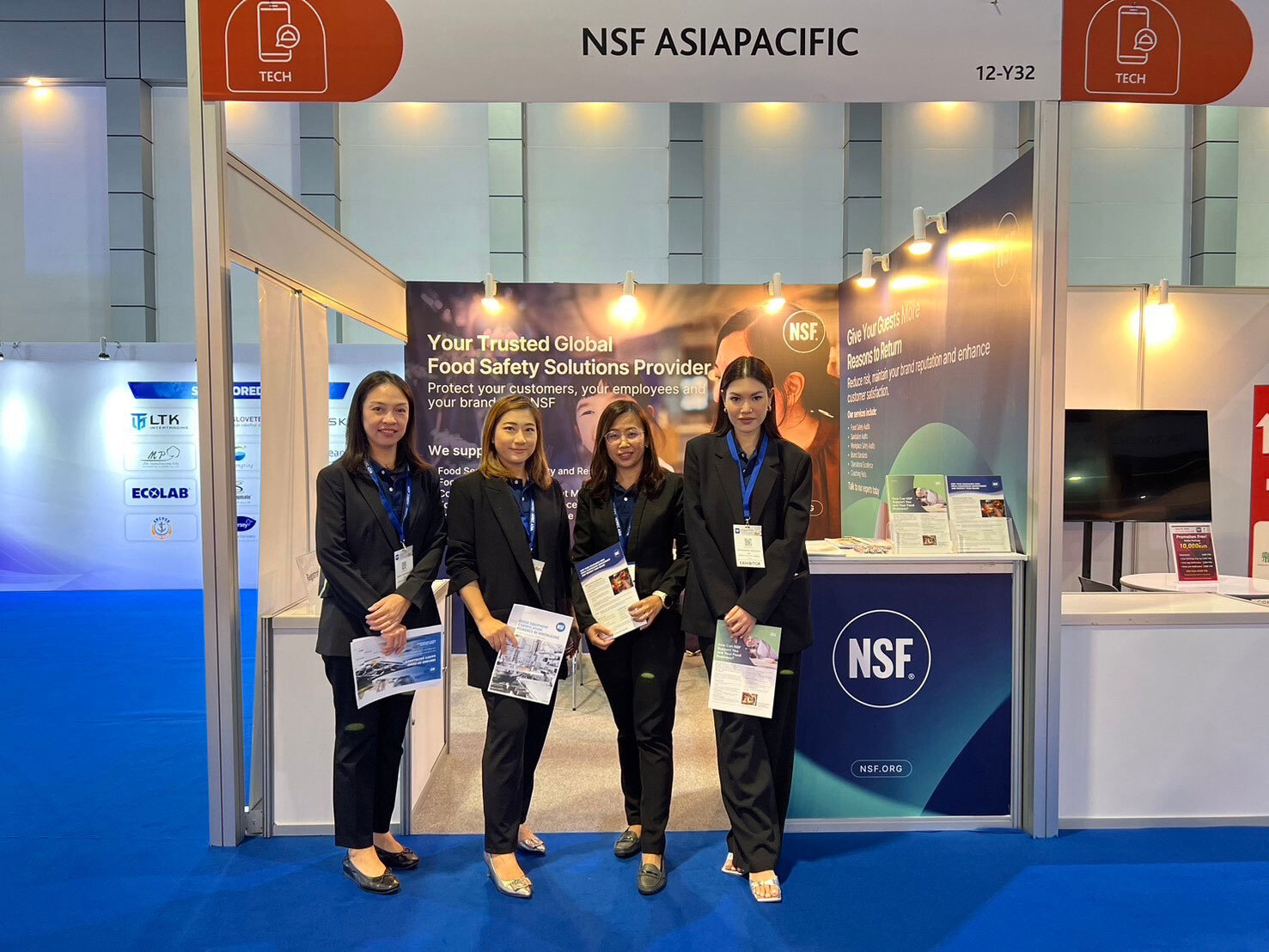Case Study: What Happens When An MIA Is Suspended?

The possibility of having a Manufacturer's and Importer's Authorization (MIA) suspended strikes fear into the hearts of pharmaceutical executives everywhere. License suspensions can have considerable consequences for the security of the company’s workforce. It can cause reputational damage and have an impact on revenue.
In this case study, we examine a client NSF supported to address the significant issues that resulted in an MIA suspension and outline how we helped bring them back to full manufacturing.
We look at:
- The powers held by regulators in Europe.
- What happens when a regulator finds critical or numerous major findings.
- The findings identified at the company.
- How NSF worked with the company.
- Lessons learned.
What Powers Do Regulators Have?
European regulators have the power to suspend, vary or evoke an MIA from a company if the regulator identifies critical or major findings during an audit1.
To ensure compliance, MIA license holders must:
- Establish and implement an effective pharmaceutical quality assurance system.
- Have competent and appropriately qualified personnel sufficient in number to achieve the pharmaceutical quality objective(s).
- Define the duties of managerial and supervisory staff responsible for implementing and operating GMP in their job descriptions.
- Give personnel sufficient authority and training to meet the pharmaceutical quality objective(s).
- Institute and maintain hygiene programs relating to health, hygiene and clothing.
- Provide and maintain premises and equipment appropriate to the intended operations.
- Have system(s) of documentation covering all the processes and specifications covering the various operations. Batch documentation must be retained for at least one year after the expiry date of the batch to which it relates.
- Provide and maintain an independent quality control department under the authority of the person nominated as responsible for overall quality control.
- Retain records and samples of starting materials and finished products for the required periods.
- Ensure that any work contracted out is the subject of a written contract.
- Maintain an effective system whereby complaints are reviewed and products may be recalled.
- Carry out a program of regular self-inspection.
How Long Does It Take a Regulator to Act?
Regulatory inspectors who identify critical or numerous findings can move swiftly to issue a suspension, although the timing does depend on the seriousness of the findings and the risk to patients. Manufacturing must cease as soon as a suspension of an MIA is issued unless it is a partial suspension. Furthermore, the suspended MIA license is listed on the EUDRAGMP database and other regulatory authorities are informed. Suspension can last for a considerable period, often for months.
Case Study
NSF was called to work with a UK-based pharmaceutical manufacturer following the suspension of their MIA by the UK regulator, the Medicines and Healthcare Products Regulatory Authority (MHRA).
A GMP inspection of the site had found:
- Poor investigations, including not looking broadly enough at other batches that may be implicated.
- Control strategies that did not prevent cross-contamination.
- Evidence of inadequate cleaning of equipment and facilities.
- Facilities and equipment of poor design, construction and maintenance.
- Inadequate management of supplier qualification, approval and maintenance of API suppliers.
What Happened Next
Initially, the company began responding to inspection findings. However, it quickly became evident that they did not have the expertise required to manage a project of this scale. The company’s management engaged NSF to manage the project and help the manufacturing site resume operations with MIA reinstatement.
What NSF Did
NSF worked over 18 months to bring the site back into compliance and, importantly, helped provide continuity to the company as staff turnover was high during that time. NSF handled multiple elements of this complex project, including:
Response Management
- Developed and wrote responses to inspections
- Carried out a risk assessment of products on the market
- Completed a risk assessment of products within the company’s control
- Prepared update sessions for the regulatory authority, including securing approval of quality metrics
- Presented progress reports to regulatory authorities
- Participated in management review meetings
- Project managed all actions, including the setting of priorities
- Recruited key staff, including the new quality director
Quality Assurance and Documentation Issues Management
- Assessed the completeness of CAPA closures
- Developed supplier quality management processes, including excipient assessment procedures
- Implemented improvements to batch manufacturing instructions
- Developed a contamination control strategy
- Improved the pharmaceutical quality system (PQS) elements, including assessment procedures
- Wrote and approved validation reports, including IQ, OQ, PQ, and analytical/cleaning
Comprehensive Training Plan Implementation
- Developed a training strategy to include eLearning and in-person training specifically for the site
- Delivered training to all board members, management and members of staff
Other Aspects
- Consulted on issues such as computer systems validation, data integrity, engineering processes and maintenance systems
- Developed an occupational health policy
How We Succeeded
During this significant undertaking, NSF experts worked to bring the site back to manufacturing and to secure the company’s MIA reinstatement.
The company’s license was reinstated after 12 months, and they could supply products from the site six months later. In total, the company could not supply products from the site for 18 months.
Lessons Learned
NSF’s multi-disciplinary team spent a significant period working with the company to remediate the issues and reinstate the MIA license. When asked about lessons learned and observations from the project, our experts identified five key takeaways:
- Early involvement can ensure a proportionate, timely and systematic response. If you believe that your site is being referred to the licensing authority, or if voluntary or official action is indicated, seek assistance from NSF immediately.
- Always ensure that corrective and preventive actions are treated as a project. Have a dedicated project manager to ensure that risks are flagged early.
- Subject matter experts can save time by developing pragmatic and compliant solutions.
- Staff needs to know what happened and the role they can play to help in MIA remediation.
- Trusted independent experts can act as a sounding board for staff during this time. Companies should never underestimate the variety of emotions that their team will experience.
We Can Help
In this instance, the company was aware that they were not prepared or capable of effectively managing the issue at an early stage. They called on NSF’s expert team to guide them through a lengthy process, ensuring the reinstatement of their MIA. The NSF multi-disciplinary team has put the company and its staff on a secure footing, ready to supply their products to market.
NSF can help your company prevent issues like this from happening, or, if the worst happens, we can work with your company to get your MIA reinstated. Contact us today by using the form below.
Ready to Begin the Process?
Contact us with questions or to receive a quote.
NSF was instrumental in ensuring our turnaround plan met all the regulator’s concerns. NSF was our trusted advisor during an exceptionally difficult period. They provided board-level input on strategy whilst deploying technical experts with sometimes very short notice to cover gaps in competence or expertise internally.
Resources
News and Events

NSF Health Sciences Podcasts – Access Expert Content On-the-Go
October 22, 2020
NSF’s Responsible Person Course Is Now MHRA Recognized and Cogent Gold Standard Approved
August 27, 2019
NSF Updates Pharma App
March 21, 2019Source
1Medicines and Healthcare Products Regulatory Authority (MHRA), Notes for Applicants and Holders of a Manufacturer’s Licence, MHRA Guidance Note 5, available at https://assets.publishing.service.gov.uk/government/uploads/system/uploads/attachment_data/file/405883/Medicines_-_notes_for_applicants_and_holders_of_a_manufacturer_licence.pdf (2014).
How NSF Can Help You
Get in touch to find out how we can help you and your business thrive.

What’s New with NSF

NSF Shanghai Named Critical Site for NSF/ANSI 455 and NSF/ANSI 173 by ANSI National Accreditation Board
July 26, 2024
NSF Takes Center Stage at NEHA Annual Education Conference
July 25, 2024
NSF Asia Pacific Showcases Hospitality Solutions at THAIFEX HOREC Asia 2024 in Bangkok, Thailand
July 4, 2024

